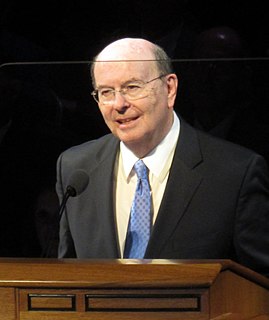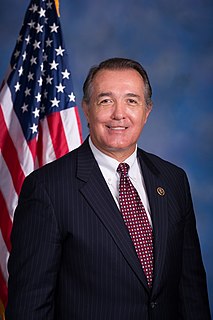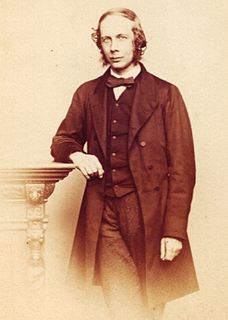A Quote by Michael J. Knowles
Civil society begins with the family.
Quote Topics
Related Quotes
[T]here are, at bottom, basically two ways to order social affairs, Coercively, through the mechanisms of the state - what we can call political society. And voluntarily, through the private interaction of individuals and associations - what we can call civil society. ... In a civil society, you make the decision. In a political society, someone else does. ... Civil society is based on reason, eloquence, and persuasion, which is to say voluntarism. Political society, on the other hand, is based on force.
Before any man can be considered as a member of Civil Society, he must be considered as a subject of the Governour of the Universe: And if a member of Civil Society, do it with a saving of his allegiance to the Universal Sovereign. We maintain therefore that in matters of Religion, no man's right is abridged by the institution of Civil Society and that Religion is wholly exempt from its cognizance.
Think of civil society and the state as joined in a marriage of necessity. You already know who the wife is, the one who is supposed to love, cherish and obey: that's civil society. Think of the state as the domineering husband who expects to have a monopoly on power, on violence, on planning and policymaking.
The need for civility in society has never been more important. The foundation of kindness and civility begins in our homes. It is not surprising that our public discourse has declined in equal measure with the breakdown of the family. The family is the foundation for love and for maintaining spirituality. The family promotes an atmosphere where religious observance can flourish. There is indeed beauty all around when there's love at home.
It not only is a complete undermining of the principles of family and marriage and the hope of future generations, but it completely begins to see our society break down to the extent that that foundational unit of the family that is the hope of survival of this country is diminished to the extent that it literally is a threat to the nation's survival in the long run.
Civil society people - these are the people - civil society groups are the people who need to monitor the aid to ensure that the aid is directed to what it is supposed to. And in order for them to do so, they need to have the space, they need to have the freedom, and they need to have the right to demonstrate, and to petition their government. They can't do that in Ethiopia; they can't do that in Eritrea; and so this is why I was cautioning that we may be repeating some of our old mistakes.



































